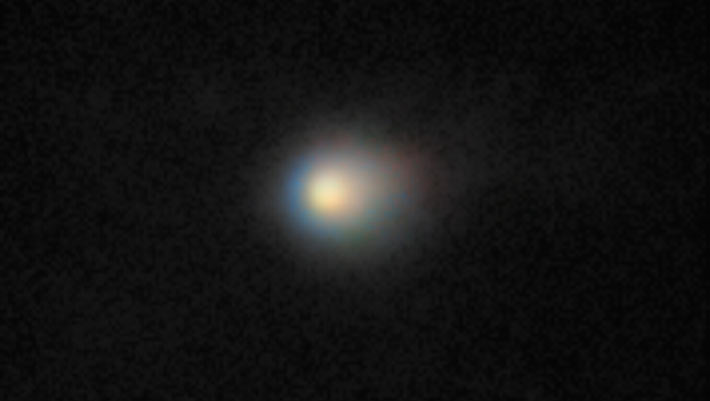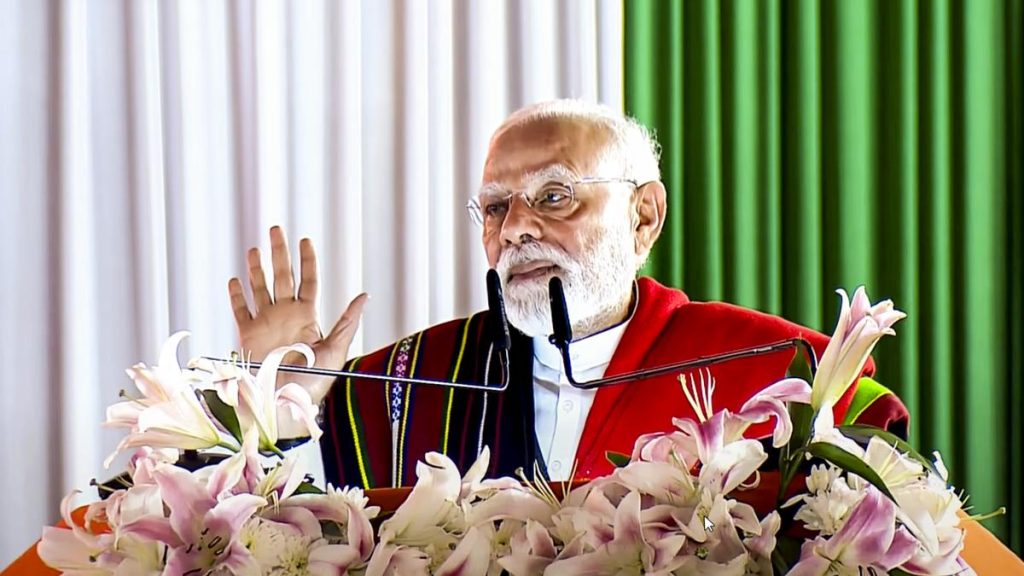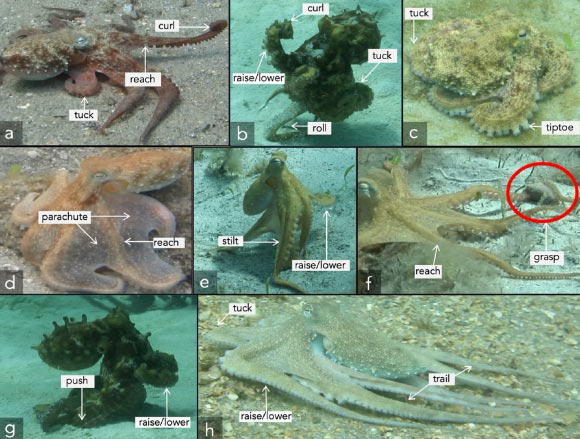Now Reading: Interstellar Comet 3I/ATLAS: Key Discoveries Unveiled
-
01
Interstellar Comet 3I/ATLAS: Key Discoveries Unveiled
Interstellar Comet 3I/ATLAS: Key Discoveries Unveiled

Rapid Summary
- Discovery: Interstellar comet 3I/ATLAS, formally C/2025 N1 (ATLAS), was detected by the NASA-funded ATLAS project on July 1, 2025.
- origins: The comet arrived from the direction of the constellation Sagittarius and features an extraordinarily extreme orbital path. Scientists believe it likely originated from the Milky Way bulge but cannot precisely trace its parent solar system due to complex dynamics.
- Unique Characteristics: Unlike typical comets, 3I/ATLAS emitted light abnormally early while farther from the Sun than usual-indicating meaningful carbon dioxide ice presence relative to water ice at a rare ratio of 8:1.
- Scientific Opportunities: Its distinct composition offers insights into other solar systems’ formation processes and material constitution without requiring direct exploration beyond our Solar System.
- Upcoming Observation: NASA’s Juno spacecraft may provide closer observations when the comet crosses Jupiter’s orbit later this year on its outward-bound path after October.
Image Caption Below:
!Interstellar Comet 3I/ATLAS as captured by Gemini North Telescope
image credit: International Gemini Observatory / NOIRLab / NSF / AURA / K. Meech, IfA & U. Hawaii / Jen Miller & Mahdi Zamani
Indian Opinion Analysis
The discovery of interstellar object 3I/ATLAS presents a valuable prospect for global scientific communities-including India-to enhance their understanding of cosmic phenomena and other solar systems’ compositions without venturing outside ours. Its unusual behavior challenges established assumptions about comets’ reactive mechanisms with solar radiation, thereby offering deeper insights into extraterrestrial particle interactions like carbon dioxide evaporation under unique conditions.
India’s advancements in space exploration through ISRO align well with such groundbreaking observations as they underscore similar priorities in planetary science and interstellar research collaboration worldwide. By participating more actively in initiatives that study interstellar objects-whether through joint missions or leveraging India’s observational technology-Indian scientists could contribute substantially to future findings that expand humanity’s comprehension of universal formation principles while inspiring innovation tailored for local contexts.


























